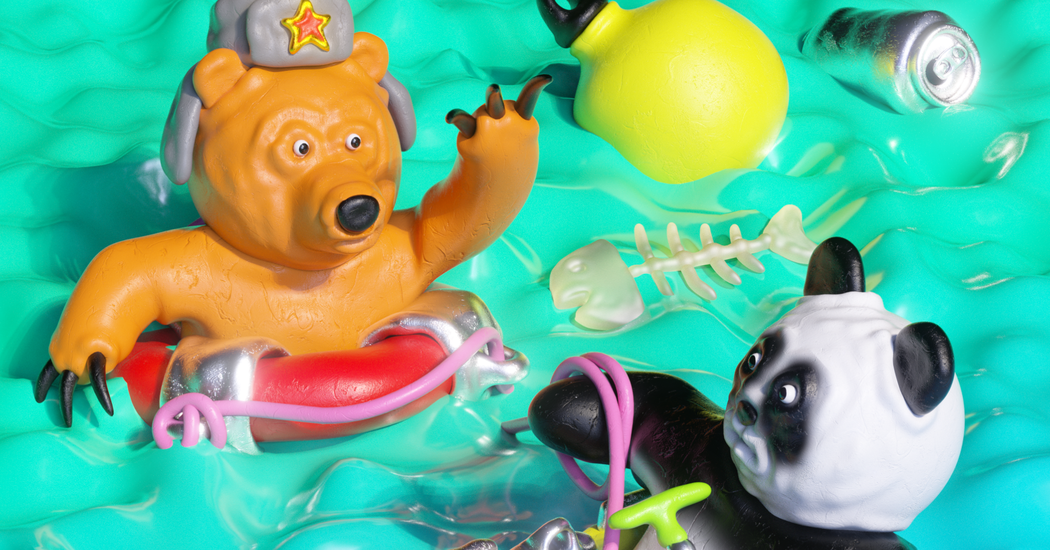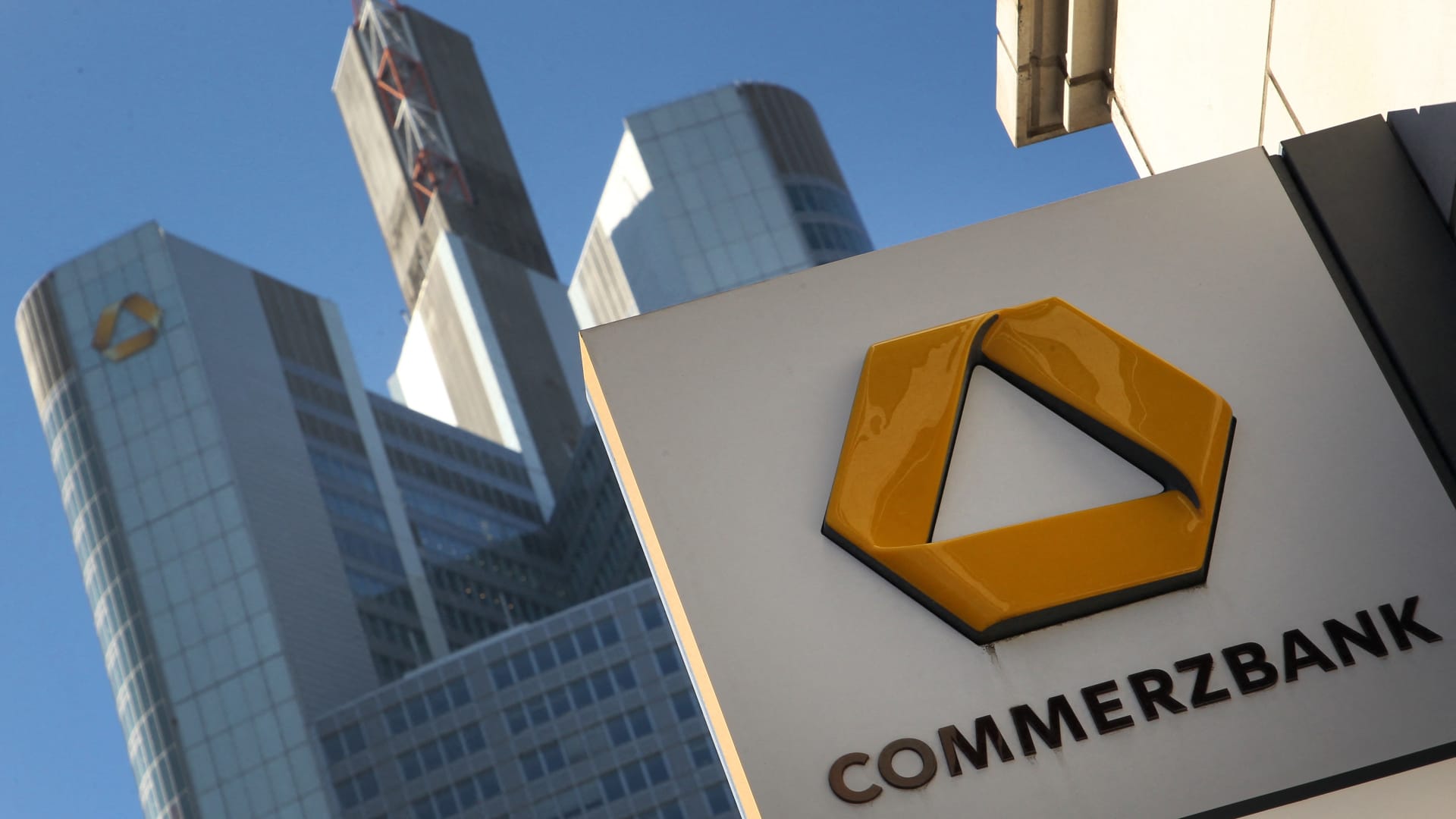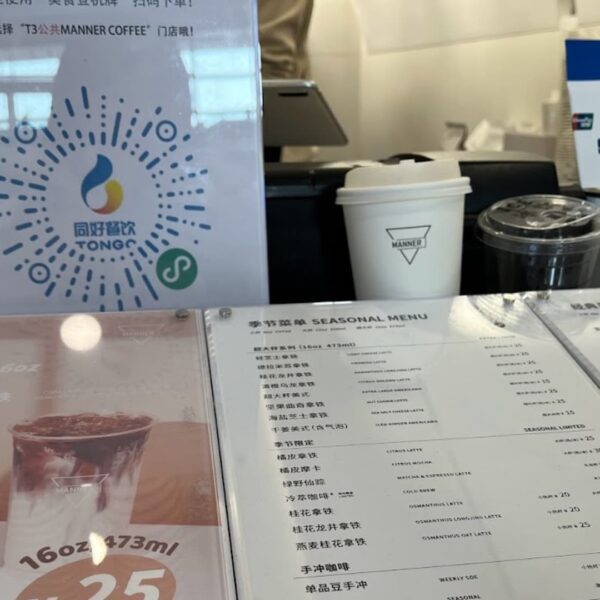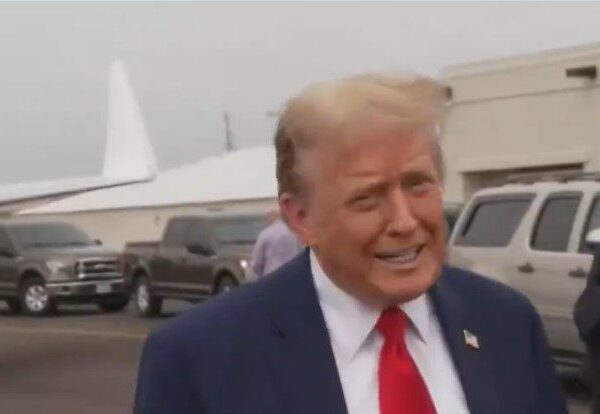Before the war, Russia’s trade with the European Union was double that with China; now it’s less than half. The Chinese yuan, not the dollar or the euro, is now the main currency used for trade between the two countries, making it the most traded currency on the Moscow stock exchange and the go-to instrument for savings.
This economic dependence is filtering into everyday life. Chinese products are ubiquitous and over half of the million cars sold in Russia last year were made in China. Tellingly, the top six foreign car brands in Russia are now all Chinese, thanks to the exodus of once dominant Western companies. It’s a similar story in the smartphone market, where China’s Xiaomi and Tecno have eclipsed Apple and Samsung, and with home appliances and many other everyday items.
These shifts are tectonic. Even in czarist times, Russia shipped its commodities to Europe and relied on imports from the West of manufactured goods. Russia’s oligarchs, blacklisted by most Western countries, have had to adapt to the new reality. Last month, the businessman Vladimir Potanin, whose fortune is estimated at $23.7 billion, announced that his copper and nickel empire would reorient toward China, including by moving production facilities into the country. “If we’re more integrated into the Chinese economy,” he said, “we’ll be more protected.”
From the economy, education follows. Members of the Russian elite are scrambling to find Mandarin tutors for their kids, and some of my Russian contacts are thinking about sending their children to universities in Hong Kong or mainland China now that Western universities are much harder to reach. This development is more than anecdotal. Last year, as China opened up after the pandemic, 12,000 Russian students went to study there — nearly four times as many than to the United States.
This reorientation from West to East is also visible among the middle class, most notably in travel. There are now, for example, five flights a day connecting Moscow and Beijing in under eight hours, with a return ticket costing about $500. By contrast, getting to Berlin — one of many frequent European weekend destinations for middle-class Russians before the war — can now take an entire day and cost up to twice as much.















